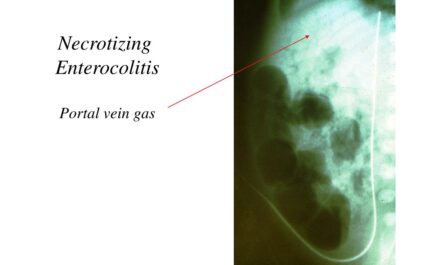In a recent study conducted by researchers from the USC Stem Cell lab, it has been shown how specific gene activity can potentially enhance immune cell production. The study, published in Science Advances, sheds light on the mechanism behind why some stem cells are more productive in generating immune cells than others. This knowledge could have implications for optimizing bone marrow transplantation and improving immune system function in aging or ill individuals.
The researchers focused on hematopoietic stem cells (HSCs), which are responsible for producing blood and immune cells. They aimed to understand why certain HSCs produce more immune cells while others produce fewer. To achieve this, the team developed innovative techniques to track immune cell production and correlate it with gene expression activity in lab mice.
Using genetic barcodes, individual stem cells were labeled to monitor their immune cell production. This allowed the scientists to identify nearly 40 genes associated with immune cell production, including genes linked to diseases like myelodysplastic syndrome, a type of cancer caused by abnormal blood-forming cells.
Further analysis revealed associations between gene activity and the quantity and diversity of immune cells produced. Some genes were found to be associated with the production of lymphoid cells, others with myeloid cells, and a few contributed to a healthy balance of different immune cell types.
Interestingly, certain genes showed a constant association with the production of lymphocytes. This means that regardless of the level of lymphocyte output, gene expression was consistently linked to lymphocyte production. On the other hand, some genes had a discrete association with lymphocyte production within a specific range of lymphocyte output levels.
Most commonly, genes exhibited either a unimodal or multimodal association with immune cell production. In these cases, gene activity was only associated with immune cell production at specific levels.
According to Du Jiang, the study’s first author, these findings can inform strategies to optimize bone marrow transplantation by selecting donor cells with gene activity associated with high and balanced levels of immune cell production. This knowledge could have significant implications for individuals undergoing bone marrow transplantation or those seeking to enhance their immune system function.
The study not only provides insights into the factors influencing immune cell production but also highlights the importance of gene activity in maintaining a robust and balanced immune system. Further research will be necessary to fully understand the underlying mechanisms and to translate these findings into potential clinical applications.
As the world faces ongoing challenges in combating infectious diseases like the flu and COVID-19, advancements in understanding the immune system and strategies to enhance immune cell production are crucial. This study contributes to the growing body of knowledge in this area and paves the way for future developments in the field of regenerative medicine and immunotherapy.



